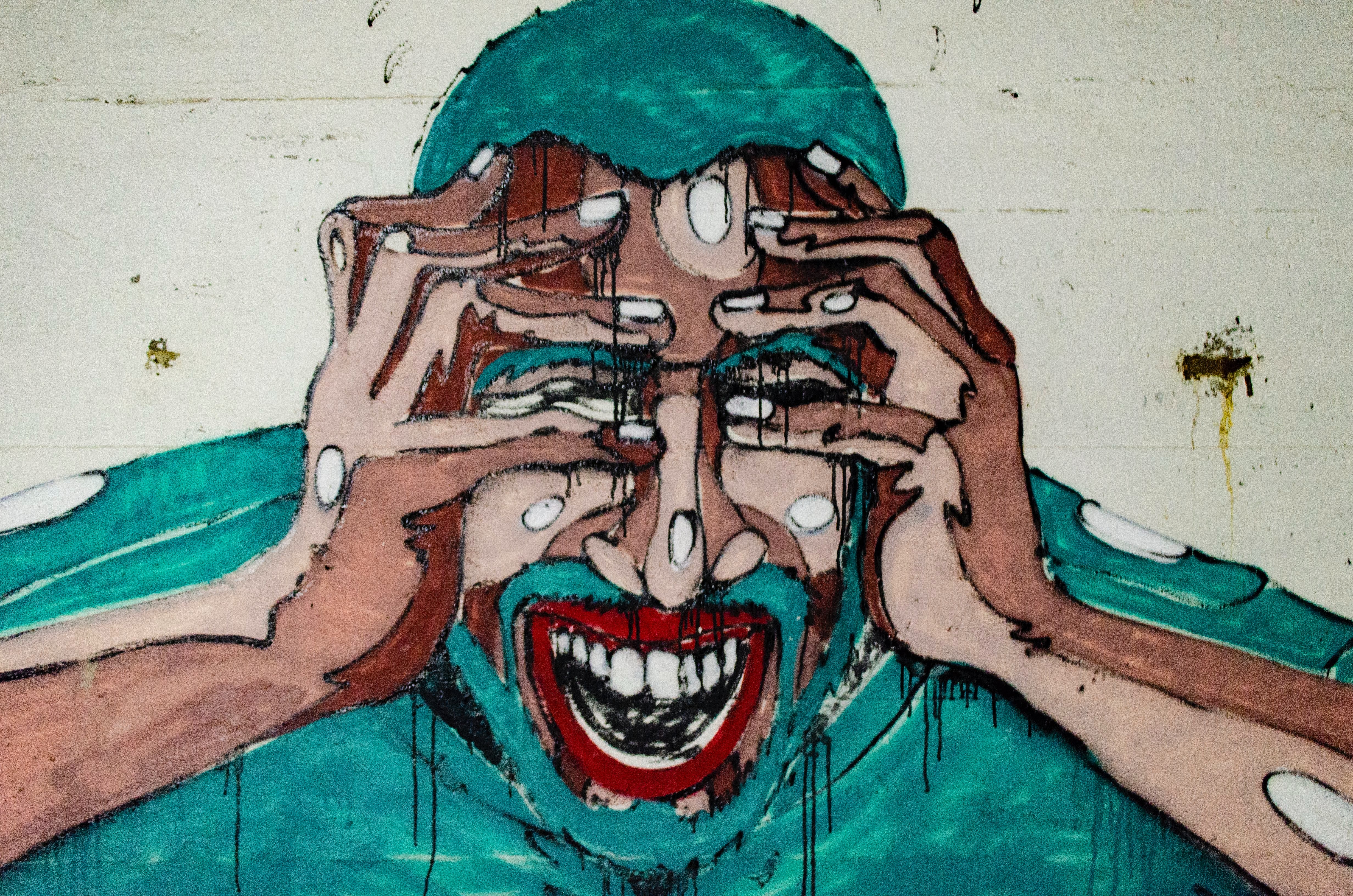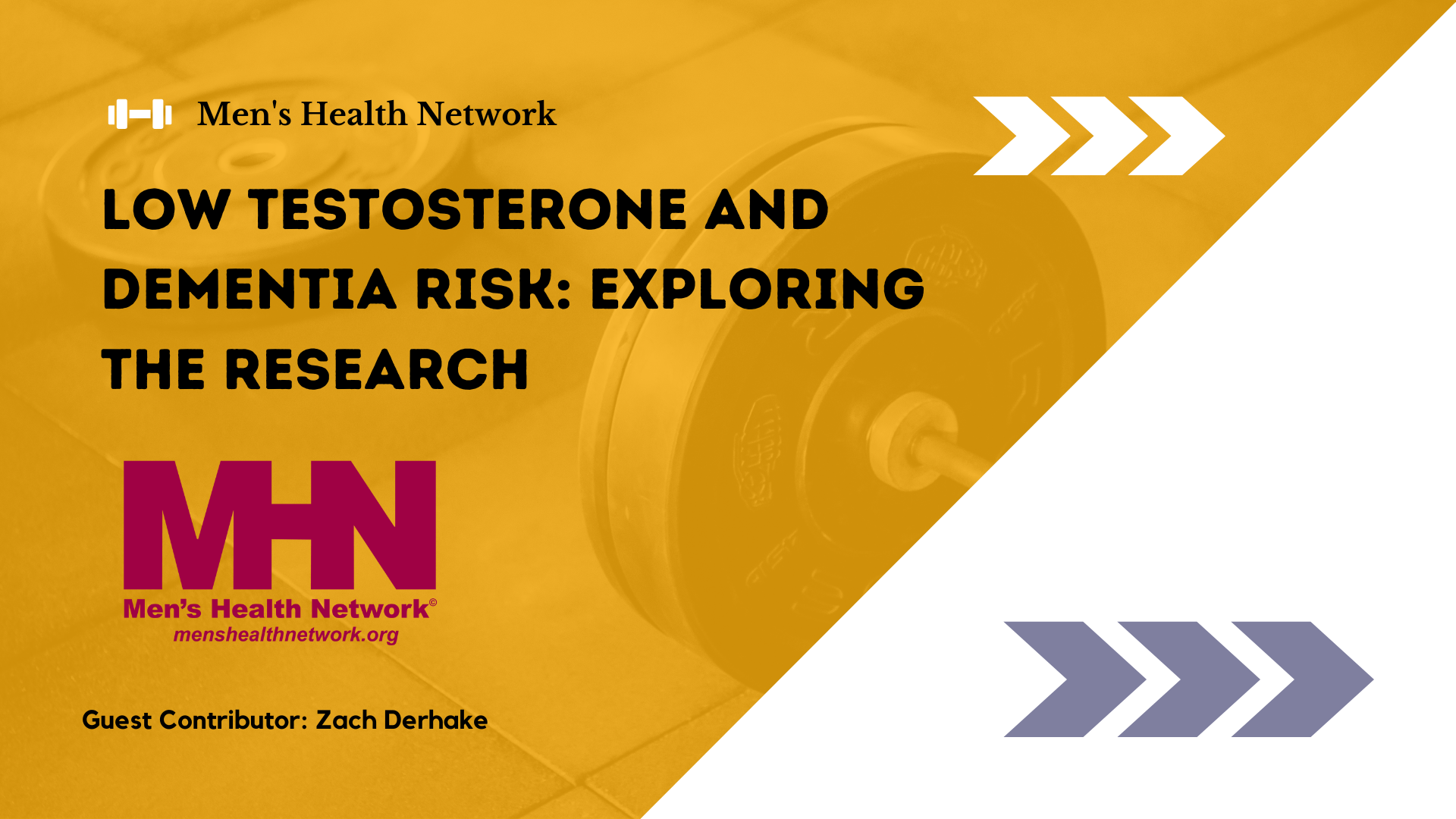Chronic pain affects approximately 100 million adults in the U.S. and exacts a huge toll on rehabilitation resources, health care costs and lost worker productivity. It also burdens the sufferer and their significant others.
One way to help those who suffer chronic pain is with pain-related self-efficacy (PRSE) beliefs, which describe a range of behaviors and aspects of pain experience and treatment. A Patient Centered Outcomes Research Institute (PCORI) study has found that PRSE beliefs can improve patients’ confidence in their ability to tolerate pain and inspire their confidence that they can perform a specific activity. The study developed a Pain Appraisal Scale with the assistance of chronic pain sufferers and their input, which will soon be available free to the public from The University of Washington Center on Outcomes Research in Rehabilitation.
Chronic pain and depression often go hand-in-hand, because chronic pain sufferers may develop passive coping styles, such as lack of control, helplessness, and catastrophic thinking – the feeling that their lives are over. PCORI and Men’s Health Network addressed the behavioral aspects of depression and anxiety for men and boys in a landmark conference in November, 2019.
If healthcare professionals can help a patient manage chronic pain with PRSE beliefs, rather than strictly through prescription of pain medications, both the patient’s mental and physical health will improve. That’s an outcome we can all applaud.
Photo by Aarón Blanco Tejedor on Unsplash




